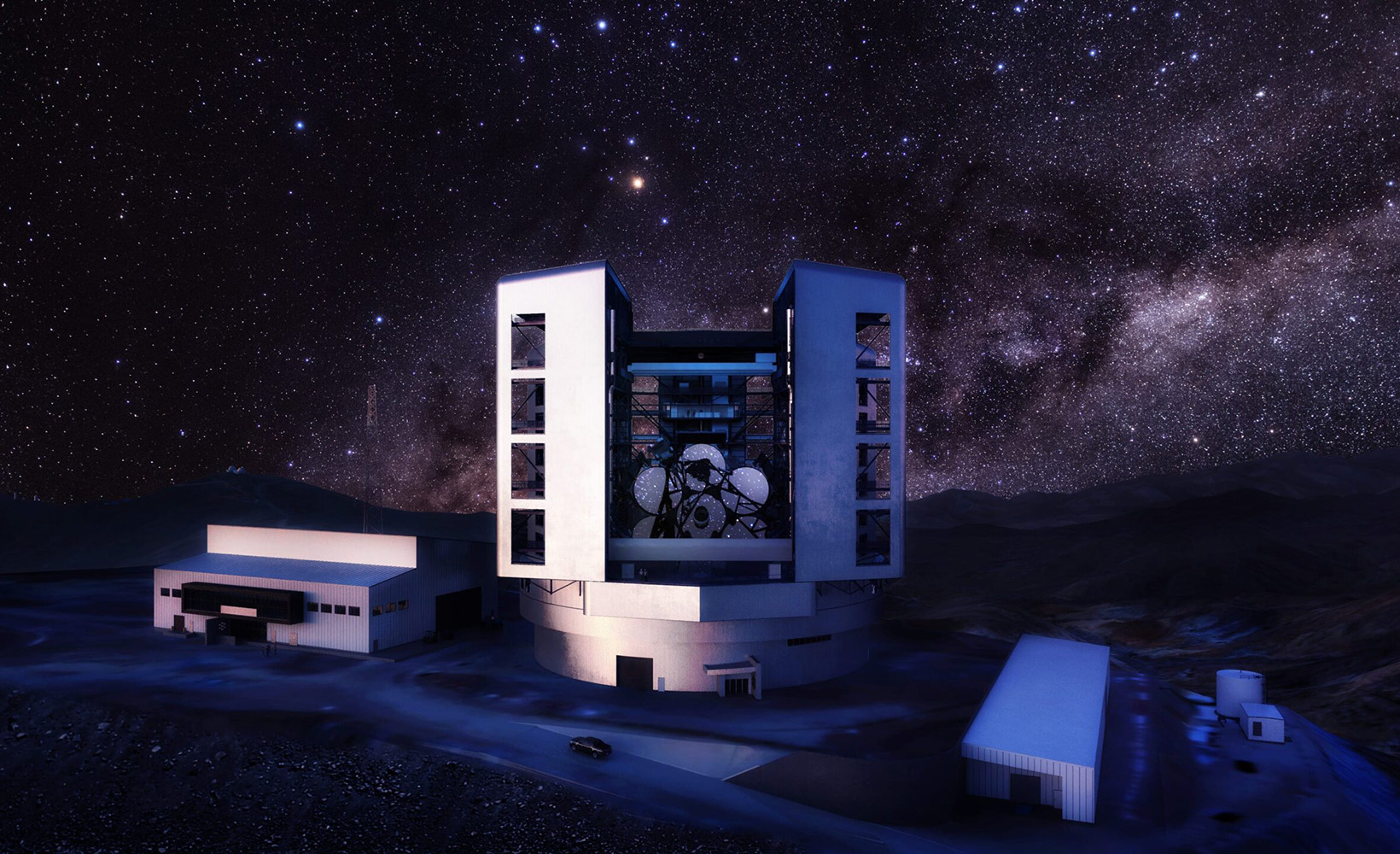
News of ASIAA’s inclusion into the Giant Magellan Telescope’s international consortium was celebrated by elected officials in the United States dedicated to scientific advancements, democratic values and international partnerships.
U.S. Senator of Arizona and former NASA Astronaut Mark Kelly emphasized how science collaborations can strengthen international relations. “Arizona has long been a leader in astronomy and optical research, and thanks to key contributions from the University of Arizona and Arizona State University, the Giant Magellan Telescope will lead the way making the next generation of discoveries in astronomy,” said Senator Kelly. “We welcome the newest collaborators from Taiwan to the Giant Magellan consortium and look forward to strengthening ties between Arizona and Taiwan through our shared commitment to democracy, education, and innovation.”
U.S. Congressman of Texas and Chairman of the House Committee on Foreign Affairs Michael T. McCaul, also emphasized the significance of supporting large international research initiatives. “I’m glad our friends in Taiwan have joined this important project, which includes top-notch research institutions like Texas A&M and The University of Texas,” said Congressman McCaul. “The Giant Magellan Telescope will be a groundbreaking observatory that will expand our knowledge of the universe and enable the US to maintain its dominance in ground-based optical and infrared astronomy.”
ASIAA joins Arizona State University, Astronomy Australia Ltd., Australian National University, Carnegie Institution for Science, Harvard University, Korea Astronomy and Space Science Institute, São Paulo Research Foundation, Smithsonian Institution, Texas A&M University, The University of Texas at Austin, University of Arizona, University of Chicago and the Weizmann Institute of Science in building the Giant Magellan Telescope.
This
story source was originally published by
Texas A&M Arts & Sciences.
